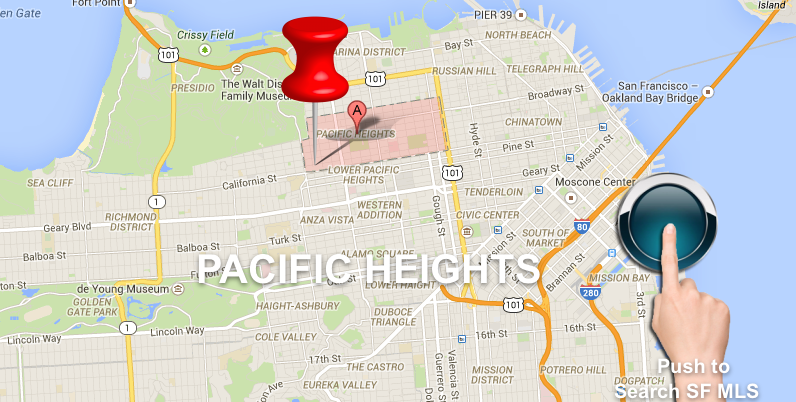[sg_popup id=”4″ event=”onload”][/sg_popup]

- Banks don’t have to disclose the service release premium fees SRP. | Mortgage Brokers are required to report all cost and not hide cost like banks do. Isnt transparency of your buyers closing cost important to you as a realtor? As a real estate agent you must do the best in care and fiduciary duty when you provide a referral lender to you buyer that will charge reasonable, transparent and honest closing cost fees. If banks are not required to be transparent on ALL fees then there is a critical flaw when they do not disclose all fees such as service release premiums and a great unjustice to the buyer as it leaves an opportunity for the bank to charge the buyer higher interest rates. We all know banks are not the most honest when comes to charging fees already, so what makes you think they won’t take advantage of a buyer when they can? A mortgage broker cannot collect both an origination fee and yield spread premium YSP. If the lender charges a borrower an administration fee, application fee, underwriting fee, processing fee, origination fee, or any other lender fees, then it is illegal to collect YSP. Any YSP would therefore have to be given to the borrower, the borrower, as a credit. SRP’s is money the bank or direct lender gets paid when they sell your loan after closing. Federal law does not require banks to disclose it, and they never will. If you ask, the loan officer will say, “I don’t know what it is.” Which may or may not be true, depending on the bank and the loan officer. Both YSP and SRP are fees, Regardless Banks fail to be transparent on all fees.
- Banks hire inexperienced employees that work 9am-5pm and don’t answer phones off the clock. Often the bank employees don’t have any immediate answers and the front-end loan rep does not establish any professional rapport. They are only there to take in our loan application | Mortgage Brokers are well versed with each loan file and know the borrowers qualification’s thoroughly and can provide answers instantly to the borrower.
- Banks interest rates are typically 1/10th to1% higher when escrow closes. | Mortgage Brokers can negotiate their fee and often offer no cost appraisals.
- Banks are untrustworthy. Everyone knows banks charge excessive checking/saving account fees | Mortgage brokers do not commingle with any of borrowers personal financial accounts. Almost every major bank has had multiple multi-million dollar class action laws suits for fraud and cheating people by excessively over charging with miscellaneous, and unnecessary bank fees.
- Banks only take borrowers with exceptional credit fico scores from 720 and above and often require Full documented loan qualifications and lowered debt to income ratios. | Mortgage can do Qualified Mortgages with favorable A paper pricing and can also go as low as 450 Fico scores and stated loan programs as well. They also can provide higher debt to income ratios.
- Banks have limited loan programs. They only have one small portfolio of loan programs. Mortgage brokers have extensive, ” thousands” of direct and private lender portfolio programs too choose from. That means more flexible loan options for the borrower/buyer and often-competitive loan rates and cost.
- Banks have extensive loan cost | Mortgage brokers reduce loan cost.
- Banks are often limited to Qualified Mortgages. Mortgage brokers do Qualified Mortgages and Non Qualified Mortgages. Borrowers with less then good credit are left out in the cold by banks, where as Mortgage brokers can qualify a borrower with slightly less then good credit and even bad credit at times.
- Banks don’t have access to private moneylenders | Mortgage Brokers Do.
- Bank loan officers do not build a good team relationship with the borrower/buyer. Mortgage Brokers build life long team relationships with buyers and realtors.
- Its a common fact that banks take longer then 30 days to close any loan for refinance or purchases. Mortgage brokers are very fast a closing loans under 30 days in some cases 10-15 days. Banks have too many layers of management to deal with who work on the file and often no one employee knows the loan package completely causing unnecessary delays.
- Banks often have high loan denial rates. Mortgage Brokers rarely deny loans as they can submit loan packages to direct and private lenders that will close the loans, regardless of fallout.
- Since Banks have limited array of loan programs, banks typically have limited set debt to income (DTI) ratios and are not flexible in providing a selection of DTI ratios to qualify buyers. If a buyer does not have sufficient income or excessive debts a mortgage broker has virtually 1000s of loan programs with varying debt to income ratios that can exceed the standard DTI limits, therefore offering flexibility to buyers in qualifying for a loan via their income and debt brackets.
- THE WORST REASON TO SHOP WITH A BANK is that if a Bank denies a loan. The borrower has no option but to go to a mortgage broker. Taking the loan to another bank after a loan denial will be futile because all the banks tend to have the same standard loans guidelines. To make things worse, by then the borrowers credit score is often seriously affected negatively because the bank pulled the borrowers credit typically more then one time. On the bright side, mortgage brokers can work to resolve credit report fico issues whereas banks are unwilling to go that extra step. If a loan is denied by one lender with a mortgage broker the mortgage broker simply automatically sends to the loan to another lender for loan approval without affecting the borrower. Mortgage brokers typically have the loan approved with various lenders, so there is never any time waisted or credit score sorrows. Borrowers save time and money by going to a real estate mortgage broker first.
Mortgage Brokers Versus Banks.. What Banks refuse to do..



